Happy holidays and Happy New Year! I’m looking forward to getting back to regular monthly entries in 2025, starting mid-January, so more craft of writing content is coming soon: thanks for your patience. In the meantime, I thought I’d offer up a year’s end reflection, starting with my writing and publishing but focusing on my reading in 2024. After all, as I was taught in grad school, it’s reflection that creates retention: writing about your reading often makes it more memorable.
When you’re a novelist who takes a few years to finish a novel, the efforts of the in-progress years can be hard to quantify in a satisfying way, especially in public. But looking back, I’ve had a very good year of writing, including finishing a revision on a short novel that’s attached to/fell off one of my bigger writing projects, and making significant progress on a separate standalone novel. Most importantly, I feel like I’ve had a lot of fun writing and researching this year, and I remained enthused and engaged with all of the longer work I’m doing. I’m looking forward to hopefully sharing more about one project or the other in the year to come. Fingers crossed!
Otherwise, it’s been a relatively quiet but good year: My story “Empathy Hour” was reprinted by Future Tense at the series’s new home at Issues in Science and Technology, and was selected as a notable story in this year’s Best American Short Stories. I reviewed two books, Brat by Gabriel Smith for the New York Times and the new Jay Rubin translation of End of the World and Hard-Boiled Wonderland by Haruki Murakami for Scientific American. Plus I’ve got a few things already slated to come out next year, including a new short story and another project or two I can’t talk about quite yet.
As is often the case, it’s more my reading that tends to define the year in literature for me: the books I finished, the books I meant to read, the books I read to accompany some experience or help with some problem, the books I read with others. (I’ve been keeping a log of every book I finished reading since 2006.) For this final installment of the year, I thought I’d surface a few highlights from my 2024 reading, including a couple recommendations for early 2025 reads you might put on your next year to-be-read piles.
Thanks for reading, as always! If you’d like to share any of your own favorite reads in the comments, I’d be glad to hear them!
Best Reading Project: The Book of the New Sun by Gene Wolfe (The Shadow of the Torturer, The Claw of the Conciliator, The Sword of the Lictor, and The Citadel of the Autarch)
I first heard of Wolfe’s 1980s sci-fi series The Book of the New Sun years ago, and back then I bought Shadow & Claw, which collects the first two books, The Shadow of the Torturer and The Claw of the Conciliator—only to discover the font was too small for me to enjoy reading it. (I had also not yet realized I was beginning to need reading glasses, an error I rectified this year.) So I finally started the series late last year, mostly on ebook where I could control the font size, and I’ve been reading the remaining books off and on throughout 2024. They’re some of the smartest, weirdest science fiction I’ve ever read, and there are parts of each volume that have stuck with me long after finishing each book. Supposedly, these are books that only really open up to you on a reread, and perhaps that’s a project for another year. But I’m so glad to have had this first introduction to Wolfe’s work, which I know is going to stick with me and influence some of what I write in the future. Almost certainly the books I’ve talked about the most to others this year, and that alone made them worth putting them at the top of this list.
Best Shared Reading Experience: The Overstory by Richard Powers
I bought The Overstory in hardcover when it came out in 2018, but didn’t read it until this year. The opening chapter—about the chestnut tree on the Hoel family farm in Iowa—might be my favorite thing I read this year, and there are so many other parts of the book that have stuck with me since reading it in May. Even better was reading it for the first time with a friend, texting back and forth passages, speculating on the real world inspirations or existence of various elements (Hoel family chestnut tree? Invented. Patricia Westerford, forest ecologist? Very obviously based on Suzanne Simard. Etc.), and talking about forestry and activism. When two people read a book, one is often ahead of the other, so that sharing passages becomes one way of planting flags or trail markers ahead. There’s a lot of joy for the lagging reader when they finally reach those flags—and in rushing ahead to plant your own, imagining what the other person will think and feel when they arrive in the same spot.
Books Read to Host Events: She Who Knows by Nnedi Okorafor, The Blue Hour by Paula Hawkins, Chain-Gang All-Stars by Nana Kwame Adjei-Brenyah, Exhalation and Story of Your Life by Ted Chiang, Something I Might Say by Stephanie Austin, Things I Can’t Tell Amma by Sudha Balagopal, A Calendar is a Snakeskin by Kristine Langley Mahler, Hatch by Jenny Irish, The Great Transition by Nick Fuller Googins
This is one of the happiest parts of this reflection for me: I got to host or be in conversation with so many writers I admire this year, either at ASU (often through my Worldbuilding Initiative) or at Phoenix and Tempe’s Changing Hands bookstores. Some of these were events I initiated, others ones I was invited to join, but in every case I’m so glad that I got to be in conversation with such talented writers and excellent speakers. A lot of the literary highlights of my year are captured right here.
Best New Climate Crisis Book: The Quickening by Elizabeth Rush
After the years of climate research I did for Appleseed, I’ve read a little less of what’s come out since, not out of burnout but overfamiliarity. But I knew Rush’s The Quickening was a must-read for me, and I’ve thought about it constantly since. A great book about Antartica, but also about the choice to have children against the backdrop of the climate crisis. Also a great combination of scientific research, investigative journalism, and memoir. “I can celebrate the idea that to have a child means having faith that the world will change, and more importantly, committing to being a part of the change yourself.”
Best Surprise: Margery Kempe by Robert Glück
I’ve been researching medieval pilgrimages this year, and that line of thought led me to Glück’s inventive novel Margery Kempe, first published in 1994 and now reprinted by NYRB Classics. Retelling the life of the Christian mystic and pilgrim of the same name (who’s vividly haunted and enlivened by her visions of a sexual relationship with Christ), a story interweaved with the narrator’s erotic pursuit of an unattainable younger man, it’s one of the boldest books I’ve read in a long time. At its best, novel research puts new ideas and new experiences of art in front of you. This was one of those times, and the one I’m most grateful for from this year. A favorite quote from it, one that might just become an epigraph of one of the books I’m writing: “Heaven is belief in the future, endless meaning, endless narration.”
Favorite New Book I Taught This Year: Loot by Tania James
Every time I teach a literature course, I include a couple books I haven’t read before either, so that I’m on even ground with the students, sharing the experience for the first time. This year, one of those books was Tania James’s Loot, which I absolutely loved. This is the second time I’ve taught James’s work—I love her The Tusk That Did the Damage too—and it won’t be the last. I wrote about its excellent use of the omniscient POV here, and can’t recommend it enough.
Favorite Race Day Reading: Solo Faces by James Salter
I ran a healthy number of ultramarathons this year, and I usually reread a book or part of a book in each race. Some of this year’s race reads included The Largesse of the Sea Maiden by Denis Johnson (during the Copper Corridor 20-Miler), No One Left to Come Looking for You by Sam Lipsyte (the McDowell Mountain Frenzy 50-Mile), and James Salter’s Solo Faces, a book I probably read once a year. I read it during the Whiskey Basin 58K, at the time my longest race, and in advance I went through my hard copy and read all my highlights, trying to spotlight the best moments so they’d jump out at me in the race. Things eventually go badly for Salter’s protagonist, but before that his mountain climbing bravado is pretty great stuff, especially when you’re deep in a long run and trying to push through the hurt: “The classic decision is always the same, whether to retreat or go on. There comes a time when it is easier to continue upward, when the summit, in fact, is the only way out. At such a moment one must still have strength.” Or, and perhaps my favorite: “The body is like a machine that is slow to start but once running smoothly seems it can go forever.”
Best Read on the State of the Industry: Big Fiction by Dan Sinykin
If you’re a writer or a reader trying to make sense of how the present commercial publishing landscape came to be, this is your read. I’d say it’s essential for anyone cares about publishing and literature, whether or not you work in the industry or just consume what it produces. A lot of great, gossipy inside ball here too.
Favorite Reads Published in 2024: We Were the Universe by Kimberly King Parsons, Horse by Willy Vlaughtin, James by Percival Everett, Splinters by Leslie Jamison, The Waters by Bonnie Jo Campbell, A Year of Last Things by Michael Ondaatje
I read less books published in the calendar year this year than in any other I can think of. Partly that’s a consequence of blurbing books and otherwise reading ahead of the year: many of my favorite published-in-2024 books were 2023 reads, for me. But I loved these six new books, so much I can clearly see where I read each one: We Were the Universe on audiobook in the wooded trails of Michigan, James on audio too, but in the desert mountains outside Phoenix. (There’s a favorite scene from We Were the Universe that now always brings to mind a particular tunnel of trees; another from James that reminds me of a steep, rocky descent in an exposed canyon.) Splinters I read in downtown Phoenix, in hardcover and by audio on the canal paths, and it showed up in my life at the exact moment I needed it, as good books sometimes do. Horse was a beautifully funny, sad read for the last month of the year, a melancholy enough time already; A Year of Last Things I read in hardcover in the bath, maybe the only physical book I’ve read there in forever but somehow a perfect book for luxuriating with. I loved these books on their literary merits, of course, but it’s notable to me that what comes to mind when I think of them is as much the when and where of my experience of reading them as their actual contents. A good book so capably becomes a historical marker of a life lived, one entirely personal and unknowable to anyone but the reader. What a lucky thing!
My Bookend Read: The Illiad and The Odyssey by Homer, translated by Emily Wilson
I ended 2023 in the middle of Emily Wilson’s translation of Homer’s The Iliad, and so it ended up being the first book I finished in 2024. As December closes again, I’m in the middle of Wilson’s translation of The Odyssey, which feels like a fitting way to wrap up the year. (I’m reading these with friends too, building off a buddy’s COVID-era habit of reading The Iliad every Christmas.) Writing this, I’m remembering that I read most of The Iliad in Yellowstone National Park, where I spent Christmas last year, and this year I’ve read The Odyssey on planes and in my parents’ house, almost two thousand miles from my own home. It seems fitting that these two novels about going away and then desperately trying to get back have been my travel companions two winters in a row, and I’m so glad to have had their big experiences to bookend my 2024.
Favorite 2025 Novels I’ve Read So Far: We Lived on the Horizon by Erika Swyler, Fates Bane by C.L. Clark, The Californians by Brian Castleberry, Metallic Realms by Lincoln Michel, Waterline by Aram Mrjoian
More on these in the New Year, I’m sure. For now: get them on your TBR list! I loved these books, and I hope you will too.
Happy New Year, friends! More from 2025!
Thanks so much for reading! If you’re not already subscribed, please consider doing so by clicking the button below. This post is also publicly accessible, so feel free to share!
Matt Bell’s novel Appleseed (a New York Times Notable book) was published by HarperCollins in July 2021. His craft book Refuse to Be Done, a guide to novel writing, rewriting, & revision, is out now from Soho Press. He’s also the author of the novels Scrapper and In the House Upon the Dirt Between the Lake and the Woods, as well as the short story collection A Tree or a Person or a Wall, a non-fiction book about the classic video game Baldur’s Gate II, and several other titles. His writing has appeared in The New York Times, Esquire, Tin House, Conjunctions, Fairy Tale Review, American Short Fiction, and many other publications. A native of Michigan, he teaches creative writing at Arizona State University.





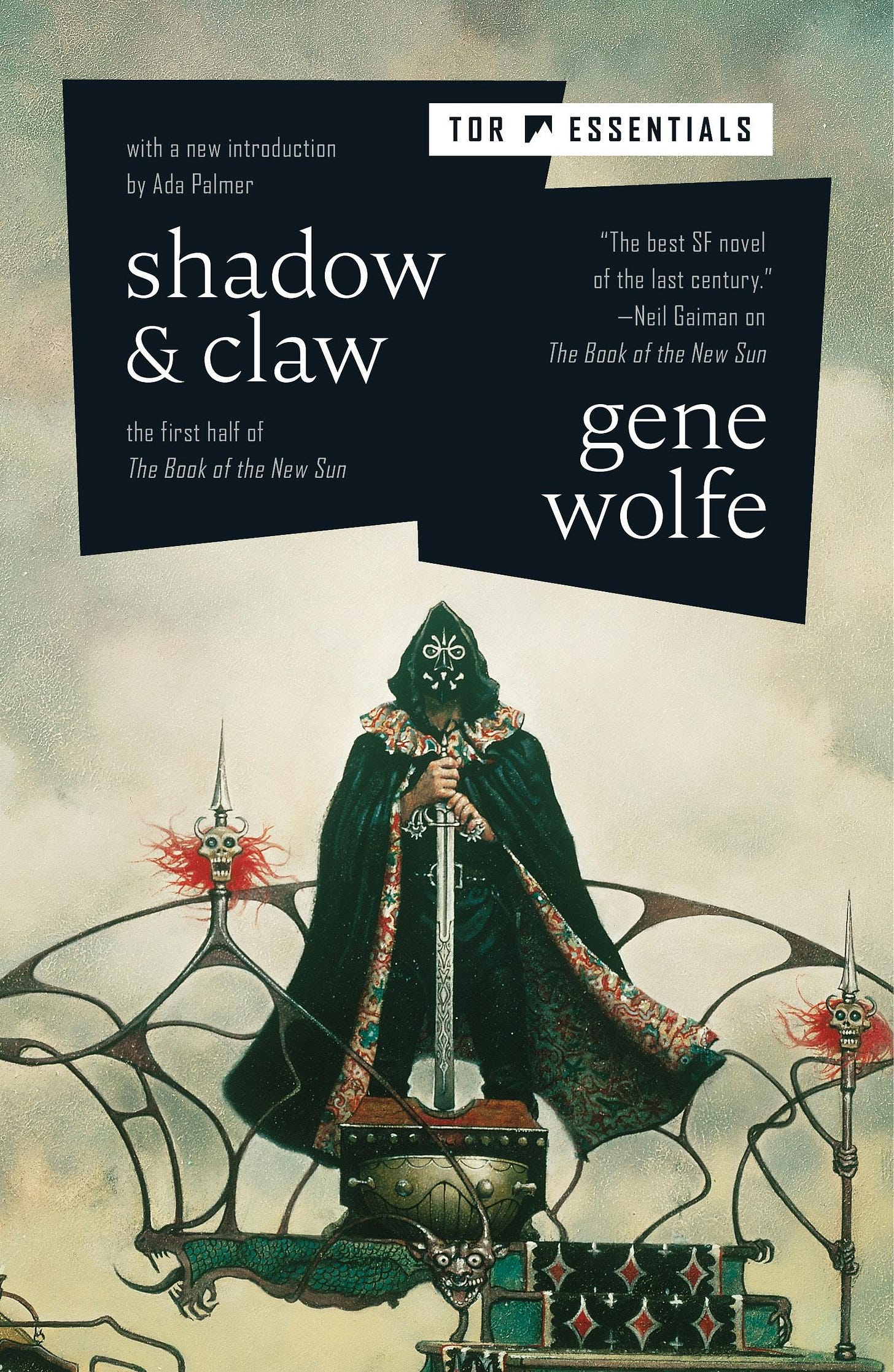
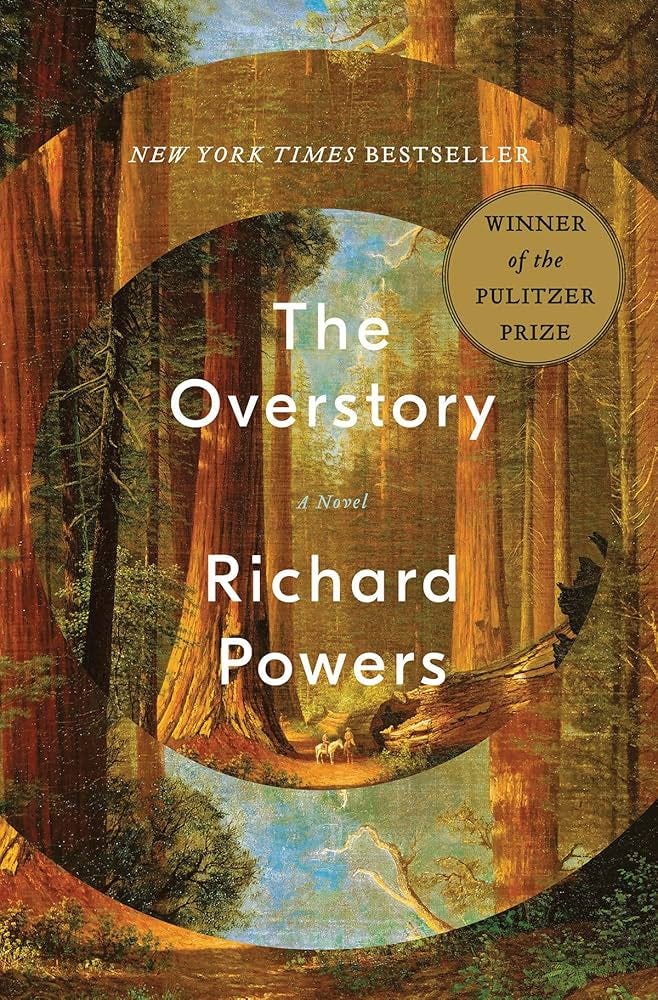
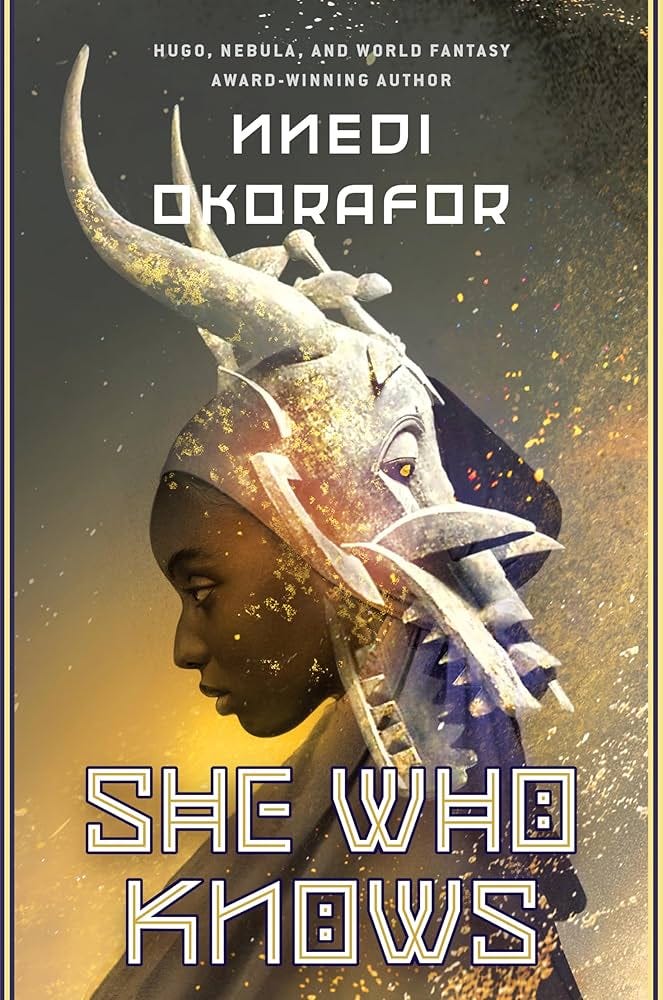
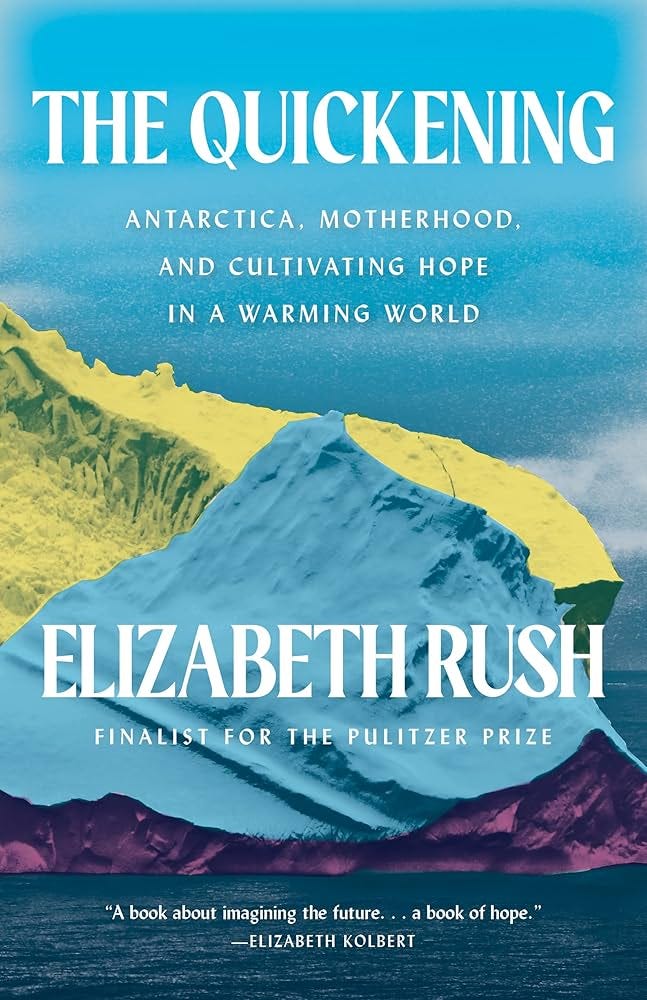
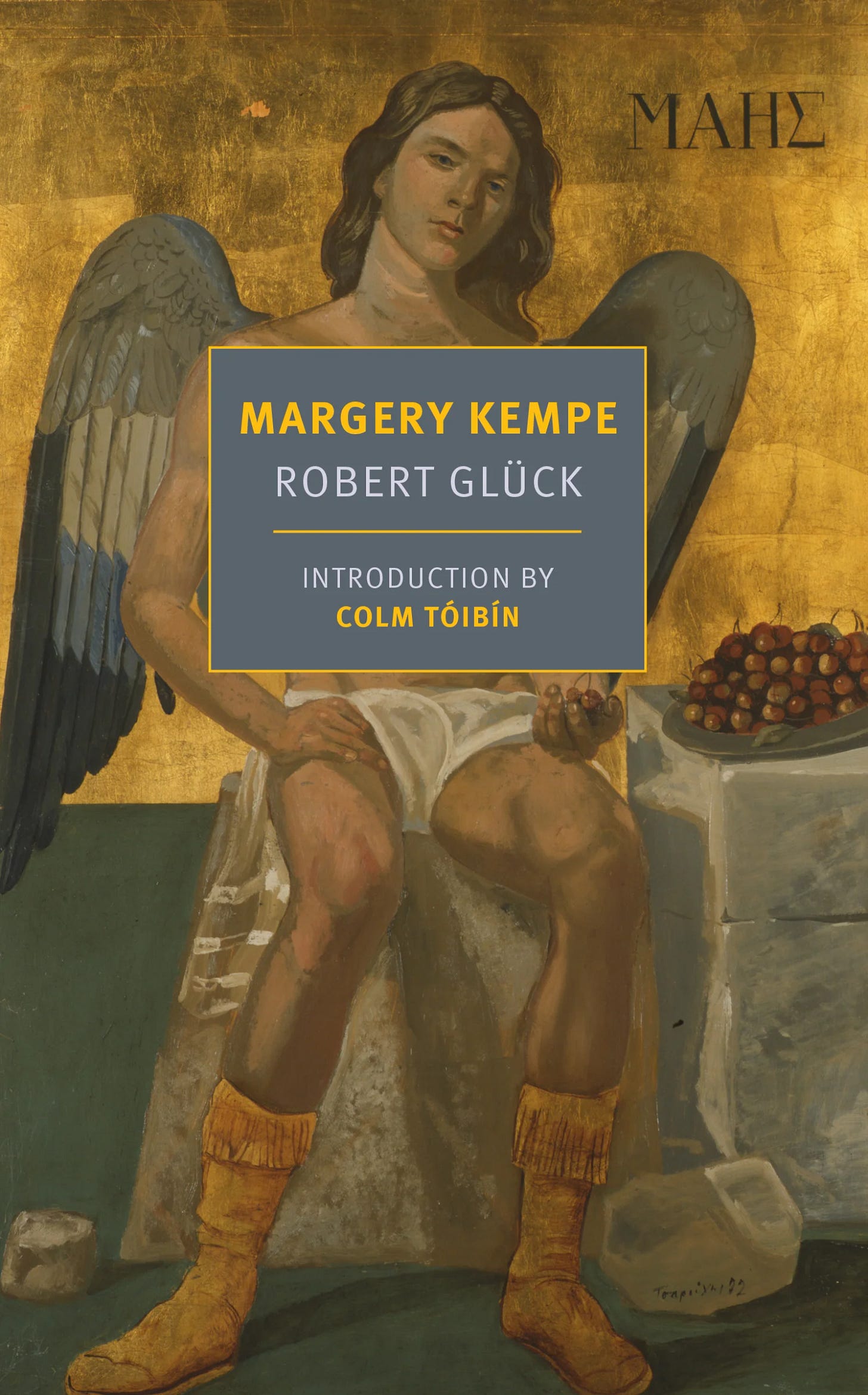
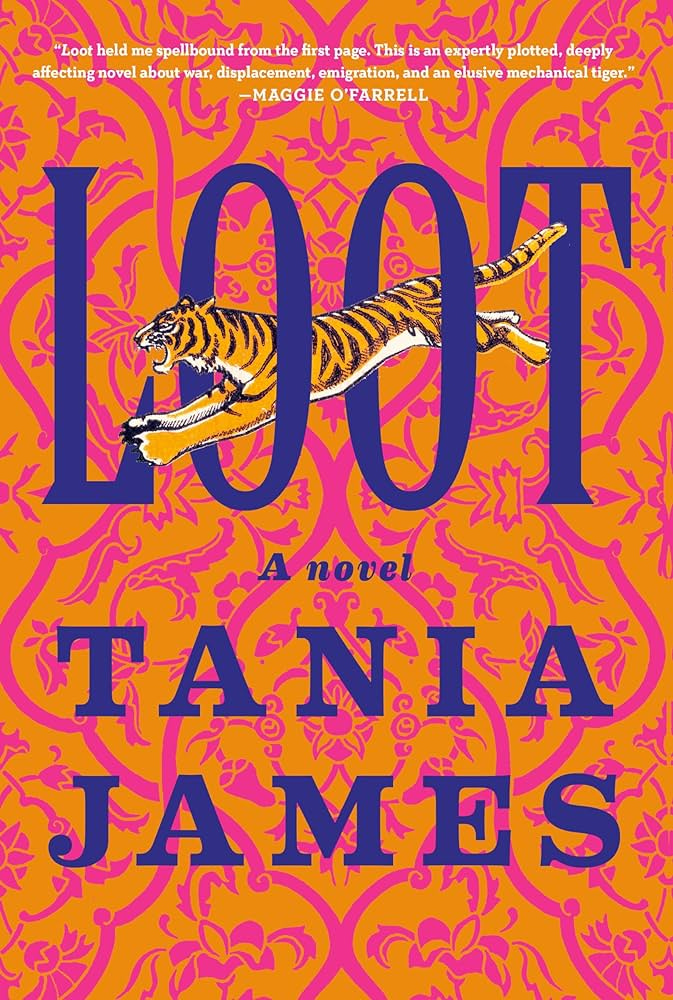
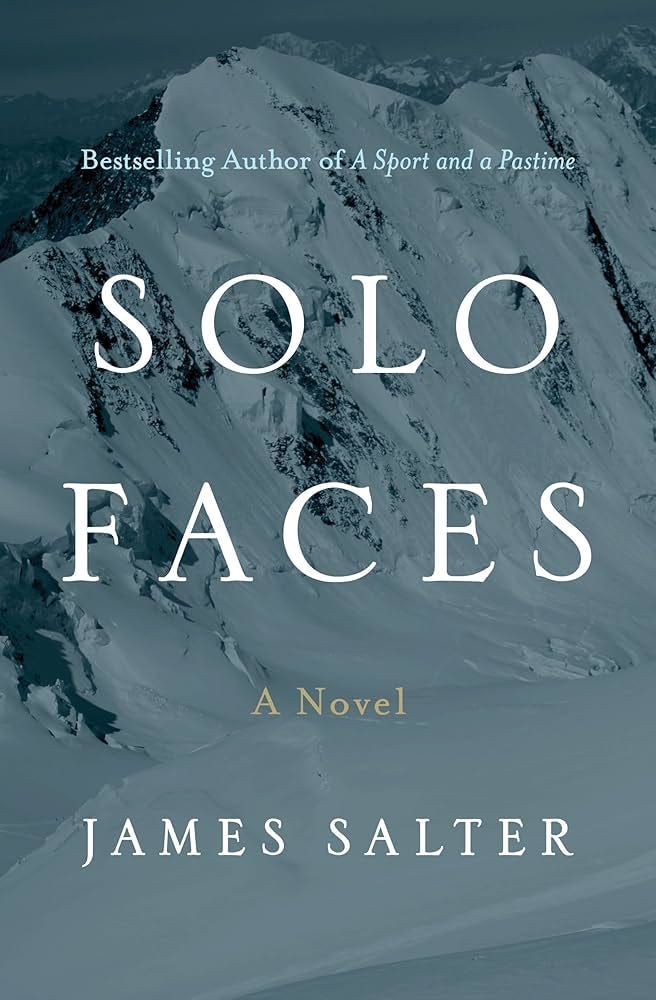
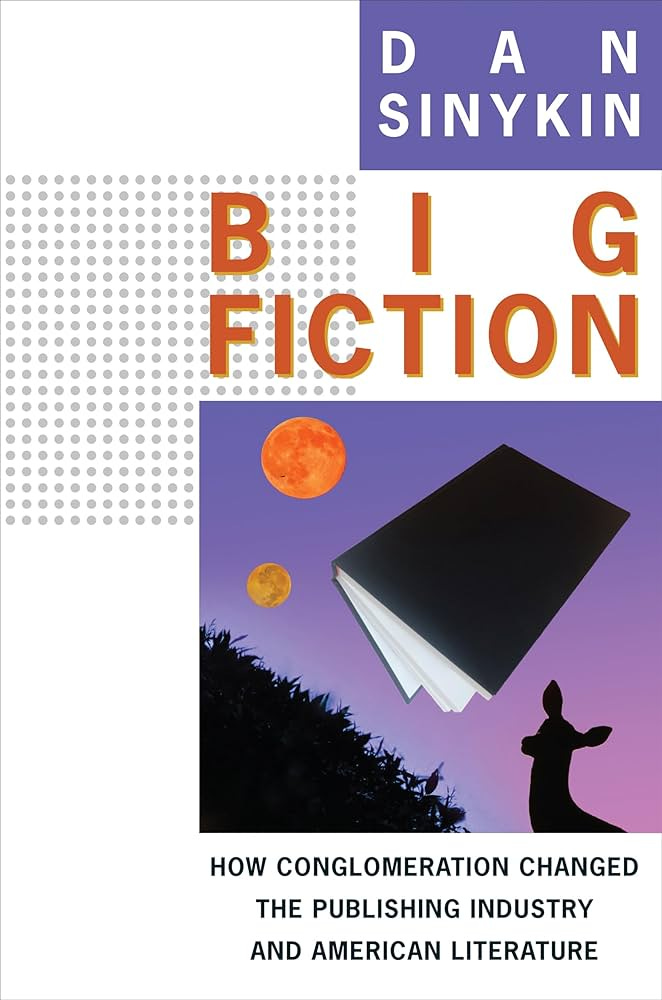
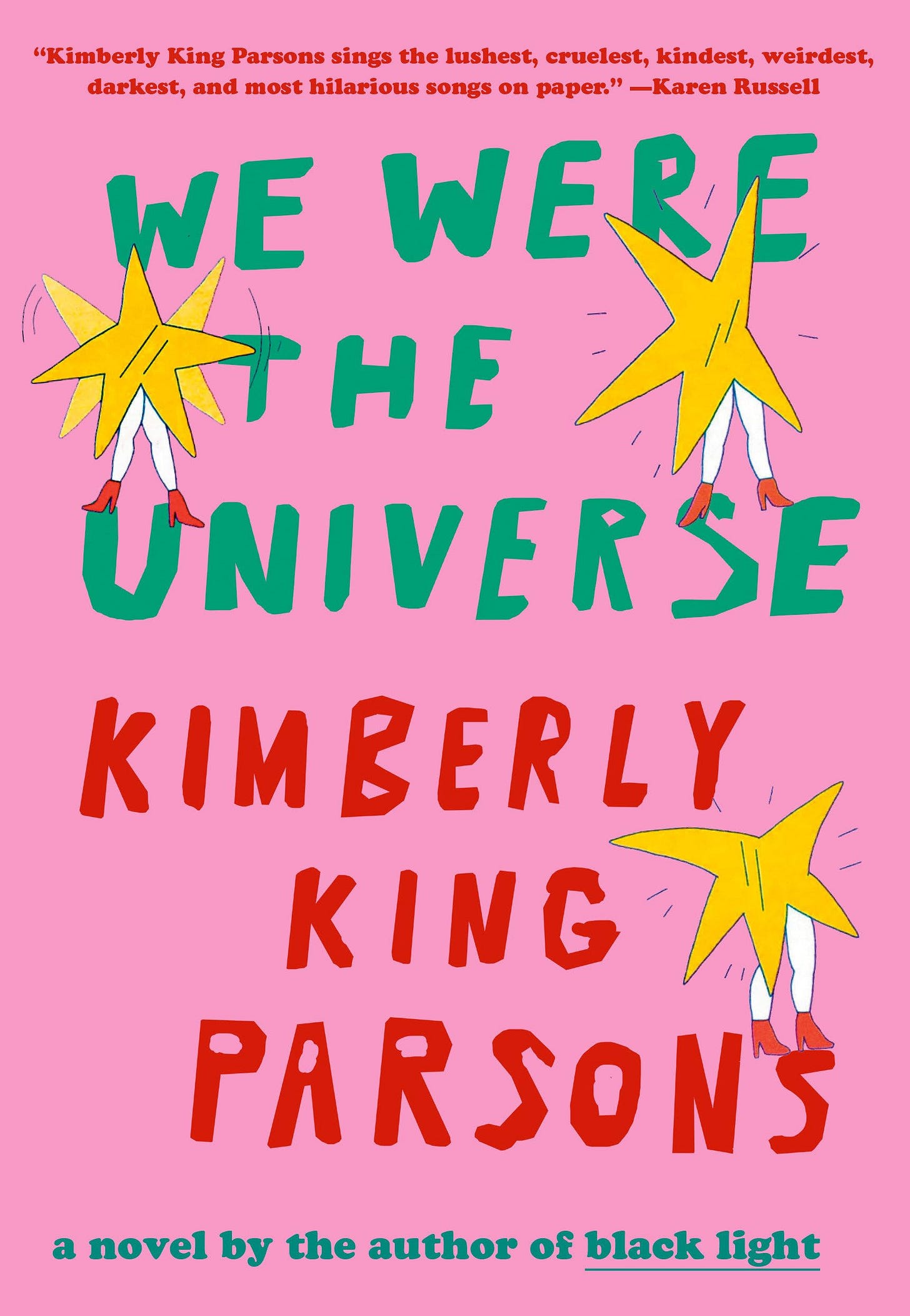
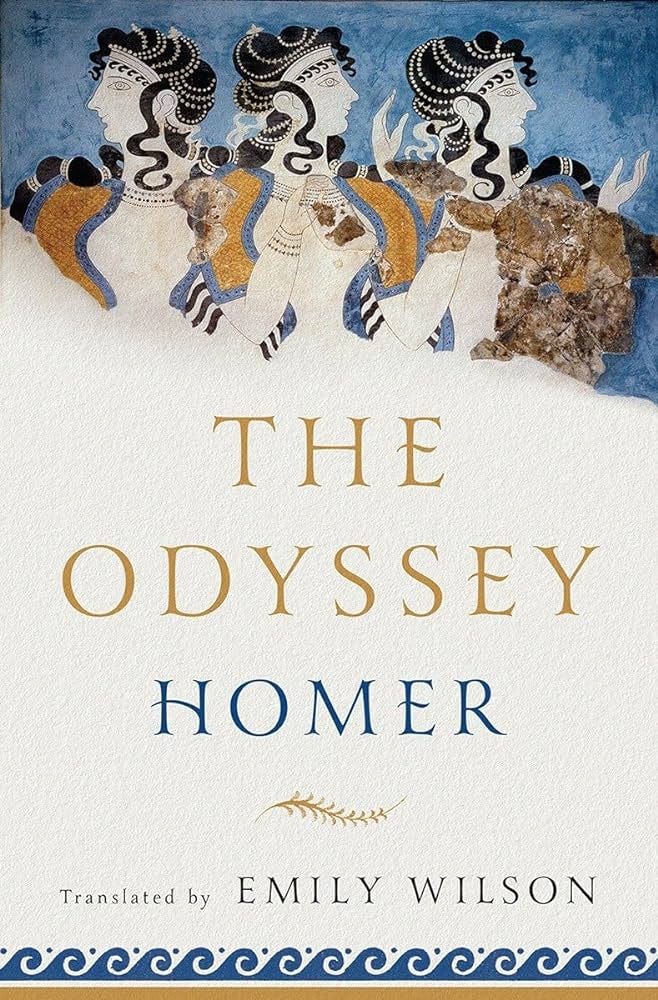
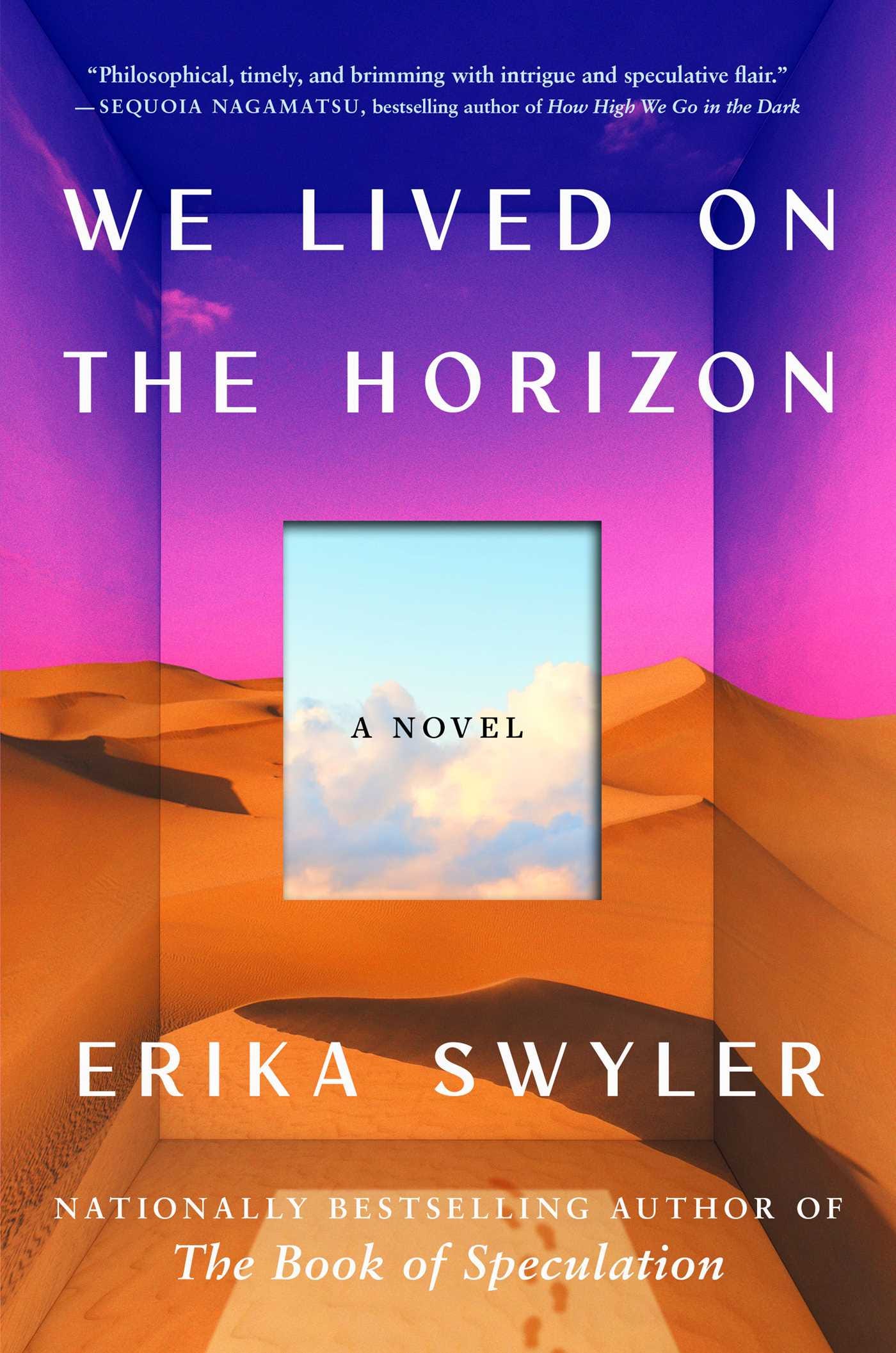

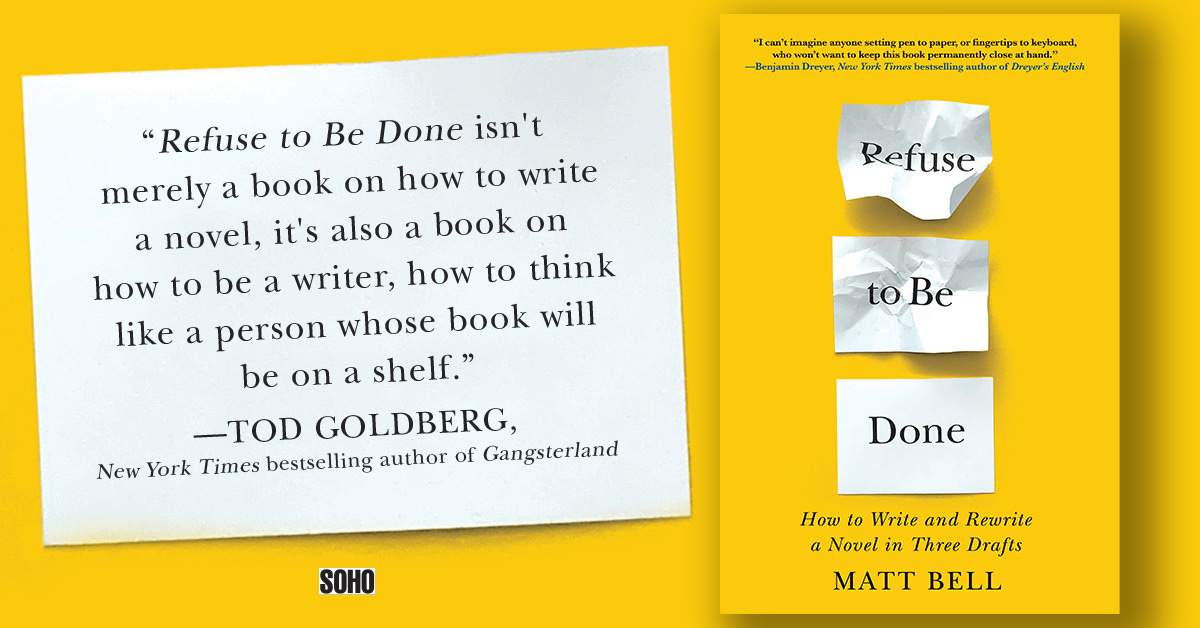
Thank you Matt for moderating our Changing Hands event! Hand to god I admire your literary citizenship and hope to model it someday.
And Twitter may be gone for me but the legacy of Lucy Sky lives on!
Added several of these to my TBR. Matt, I appreciate your genuine love of the word and generous support of fellow writers. This post shines with both.